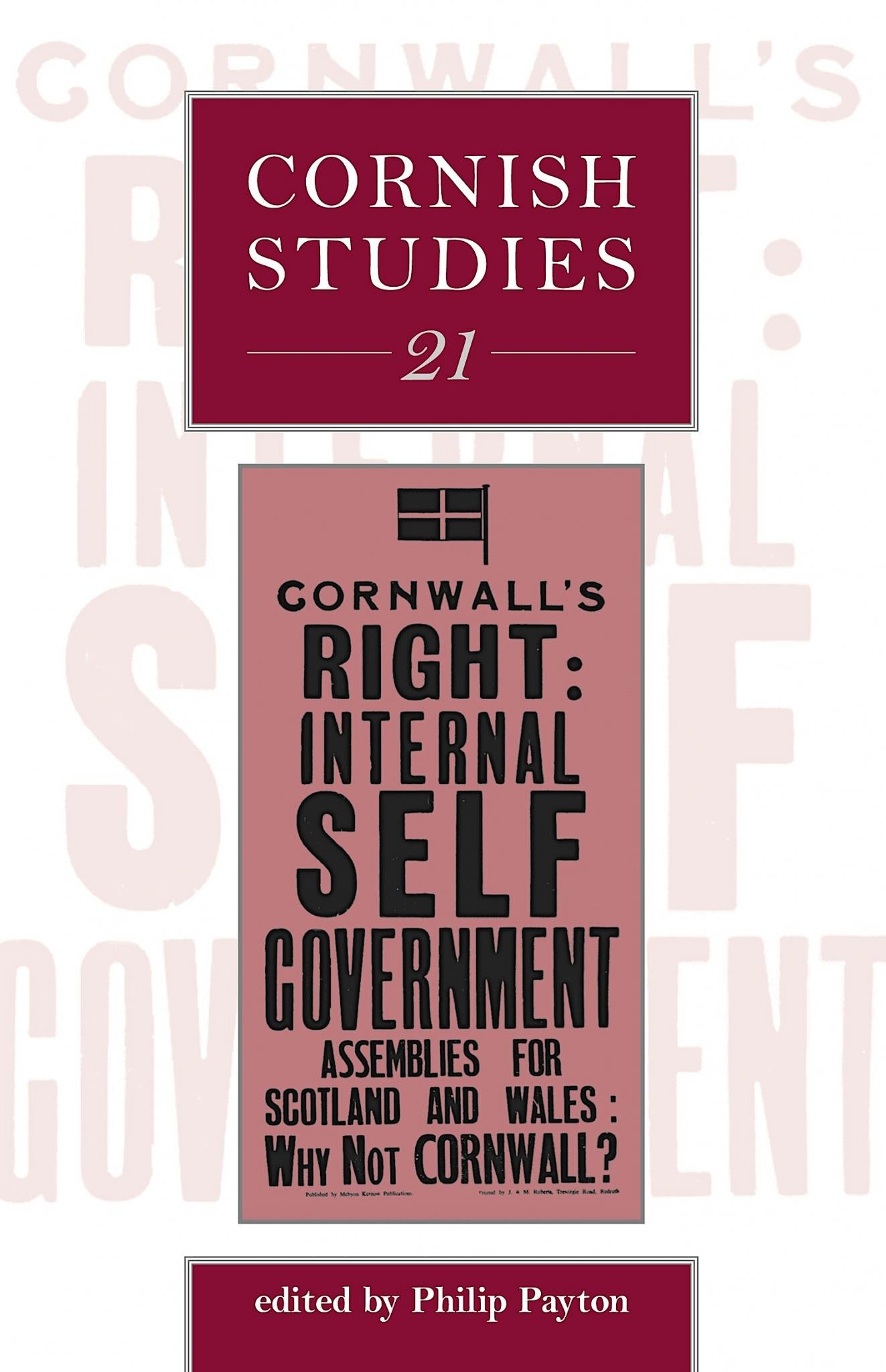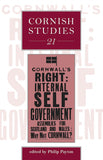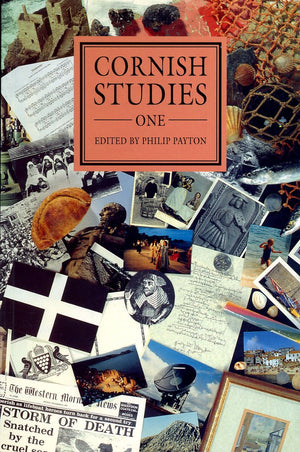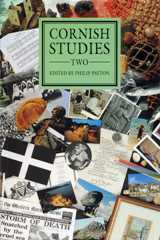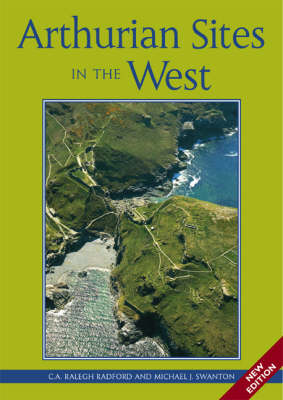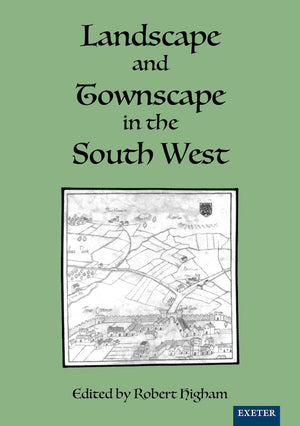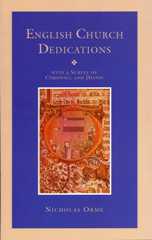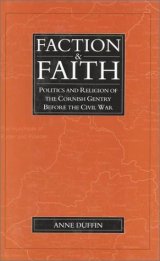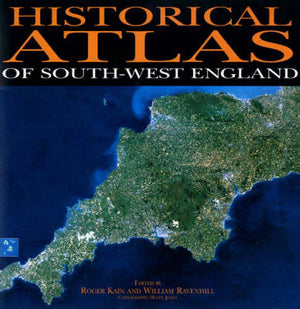University of Exeter Press
Cornish Studies Volume 21
Couldn't load pickup availability
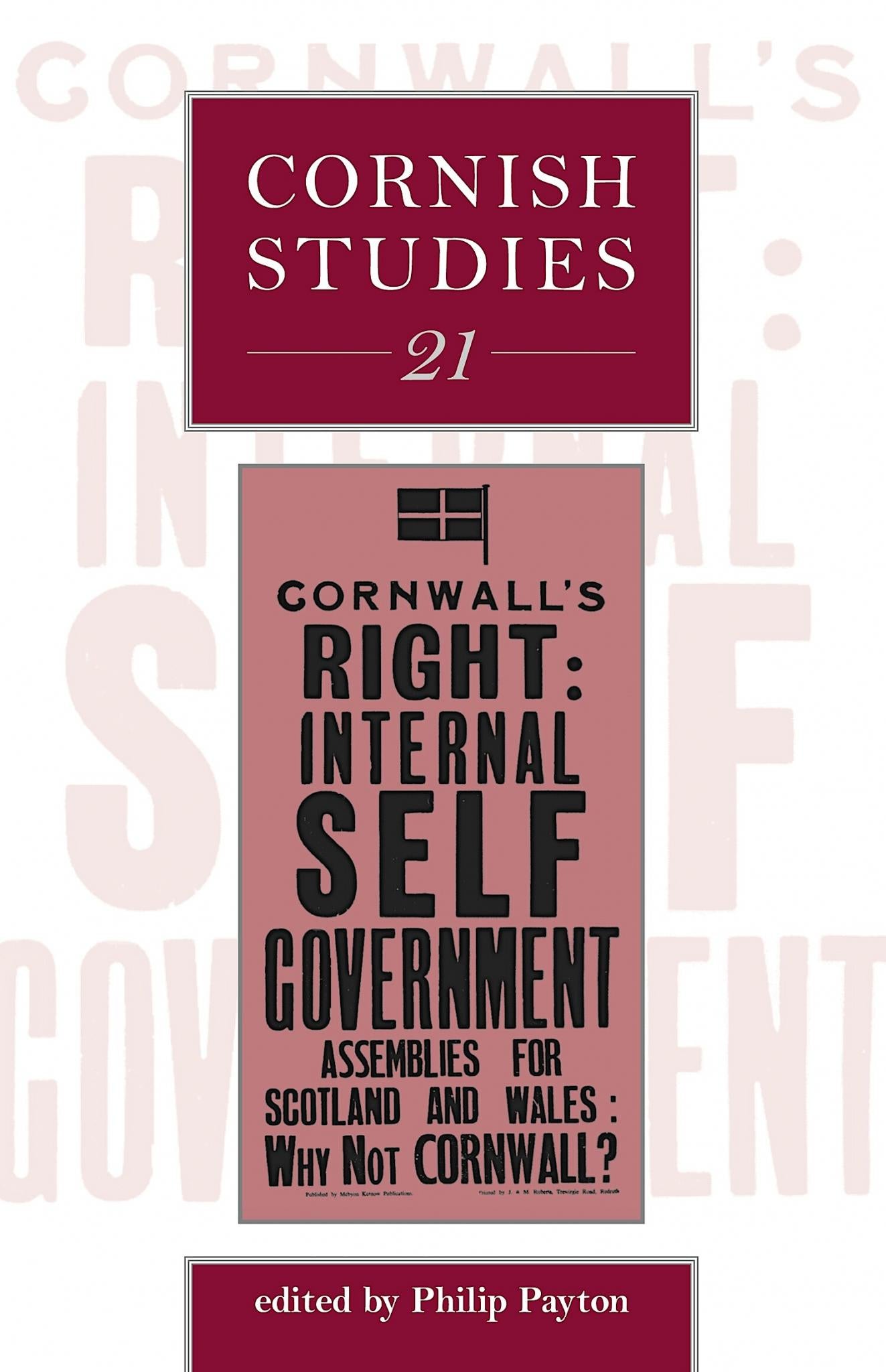
- 352 Pages
The ‘coming of age’ edition of this acclaimed paperback series discusses contemporary Cornish Studies, as well the Cornish language, medieval and early modern Cornwall, the Duchy of Cornwall, the establishment of the Cornish diocese, Cornish folklore, Cornish wrestling and the Great Emigration, and the writers Arthur Quiller-Couch, Daphne du Maurier, and Jack Clemo, together with an overview of Cornish nationalism and a postscript on John Betjeman and Cornwall.
‘The twenty-first issue of Cornish Studies, the last under the editorship of Philip Payton, is a testament to the directions in which he has taken the series during twenty years at the helm. This ‘coming of age’ edition brings together essays by scholars from Australia, Ireland and Italy as well as the UK and continues Philip Payton’s on-going concern with Cornwall’s place in an international context. The contributions here speak to the genuinely interdisciplinary identity of a series which remains the definitive site for scholarship and debate about Cornish history, culture, politics and identities’.
Rachel Moseley, Associate Professor in Film and Television Studies, University of Warwick
The ‘coming of age’ edition of this acclaimed paperback series discusses contemporary Cornish Studies, as well the Cornish language, medieval and early modern Cornwall, the Duchy of Cornwall, the establishment of the Cornish diocese, Cornish folklore, together with an overview of Cornish nationalism and a postscript on John Betjeman and Cornwall.
‘The twenty-first issue of Cornish Studies, the last under the editorship of Philip Payton, is a testament to the directions in which he has taken the series during twenty years at the helm. This ‘coming of age’ edition brings together essays by scholars from Australia, Ireland and Italy as well as the UK and continues Philip Payton’s on-going concern with Cornwall’s place in an international context. The contributions here speak to the genuinely interdisciplinary identity of a series which remains the definitive site for scholarship and debate about Cornish history, culture, politics and identities’. (Rachel Moseley, Associate Professor in Film and Television Studies, University of Warwick)
Introduction
1. Philip Payton: Cultural Entrepreneur for a Rhetorically Defined Space, Matthew Spriggs
2. The Unimportance of Being Cornish in Cornwall, Bernard Deacon
3. Adjectival and Adverbial Prefixes in Cornish, N.J.A. Williams
4. Visitations of Cornish Churches, 1281-1331, Nicholas Orme
5. The Duchy of Cornwall and the Wars of the Roses: Patronage, Politics and Power, 1453-1502, R.E. Stansfield
6. Justifying Imperialism: English Representations of Ireland and Cornwall before and during the Civil War, James Harris
7. The Duchy of Cornwall and the Crown: Disputes and Accommodation, John Kirkhope
8. Bishop Benson’s Vision for Truro Cathedral and Diocese: The Umbrella and the Duck, David Miller
9. Against Taxonomy: The Fairy Families of Cornwall, Simon Young
10. ‘Where there were two Cornishmen there was a “rastle”’: Cornish Wrestling in Latin and North America, Mike Tripp
11. ‘The imprint of what-has-been’: Arthur Quiller-Couch, Daphne du Maurier and the writing of Castle Dor, Kirsty Bunting
12. The Happy Choice of Jack Clemo, Luke Thompson
13. Celtic Tradition and Regional Discontent: Cornish Nationalism Revisited, Peder Clark
14. Betjeman’s Badge: Postscript for a Pan-Celtic Nationalist, Philip Payton
Bibliography: Philip Payton







